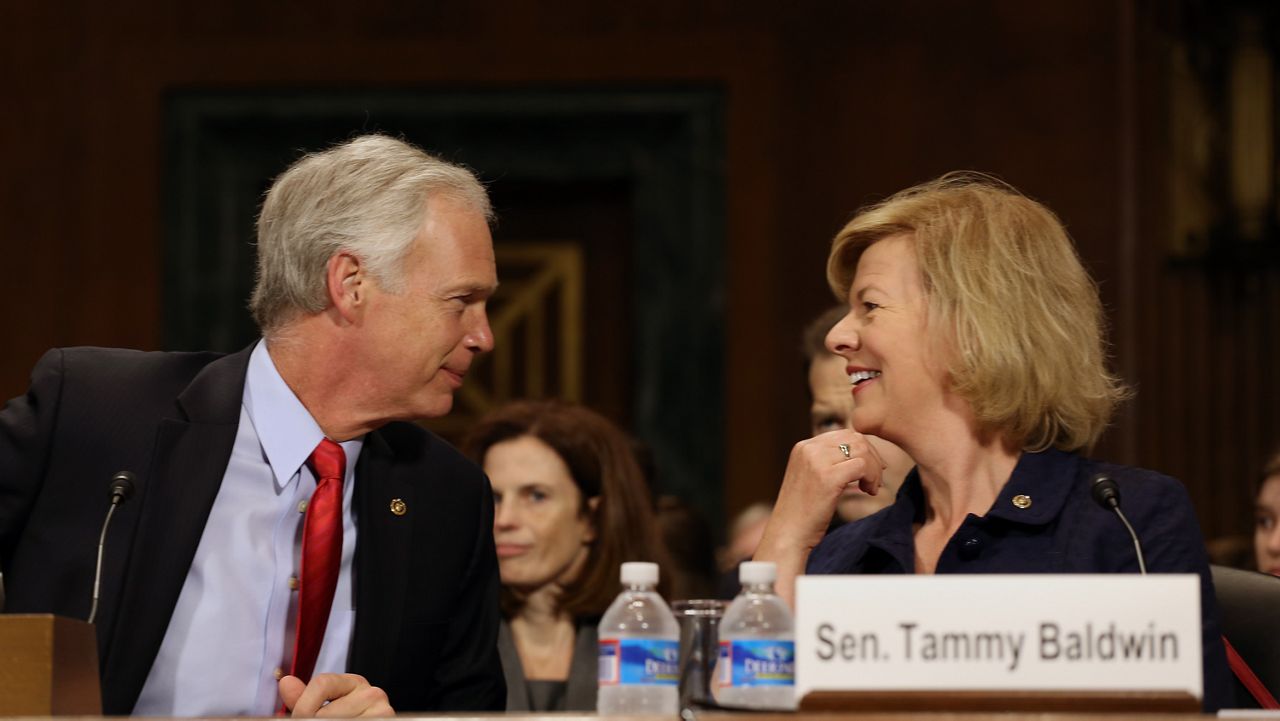WASHINGTON — Once again, lawmakers are preparing to punt on enacting a new Farm Bill. The last one was written in 2018, and expired last year. Unable to agree on a new one, Congress last year passed a one-year extension. Now, they are likely to do so again.
“Extending the 2018 version, while not ideal, at least gives our farmers some certainty for the next planting season, because a lot of those decisions are being made right now,” said Tyler Wenzlaff, director of national affairs for the Wisconsin Farm Bureau.
The legislation provides financial assistance to farmers and helps poor and working class Americans put food on the table, mainly through the Supplemental Nutrition Assistance Program (SNAP).
Republicans want to increase reference prices – the floor that determines when subsidy payments to farmers are triggered – at the expense of increasing funding for SNAP. Democrats have refused to make concessions for that program. And while Democrats are willing to increase reference prices too, the disagreement with Republicans lies in how much they should go up.
The House agriculture committee, led by Republicans, approved the Republican plan earlier this year, but it never got a floor vote.
“They anticipated this might be their best opportunity to secure concessions on critical priorities like higher reference prices, reforms in the Supplemental Nutrition Assistance Program,” Wenzlaff said.
The Senate agriculture committee, led by Democrats, waited until after the election to present its version.
“They believed they were poised to win the White House and retain control of at least one chamber of Congress. So with that in mind, they waited. They were hoping to strengthen their negotiating position after the election,” Wenzlaff said.
That, of course, didn’t pan out. Republicans will control both chambers and the White House next year. Rep. Pete Aguilar, D-California, conceded this week that an extension right now is the smoothest path ahead.
“That carries forward that kind of base bill that was negotiated when Democrats were in control, so we don't have a lot of objections to it,” Aguilar said.
Sen. Tammy Baldwin, D-Wis., said farmers need the certainty of a new five-year bill. She said a new bill will never see the light of day in the Senate until it can pass on a bipartisan basis, since the upper chamber requires a simple majority vote to pass any piece of legislation.
“I really do think that the Senate is taking a much more comprehensive approach understanding the interrelation of the provisions within the major titles within the Farm Bill,” Baldwin said this week at an event hosted by WisPolitics. “And I just think we need to be saying loudly and clearly, 'We need to get this job done.'”
The consequences of letting the farm bill expire are so dire that lawmakers are certain to extend the 2018 legislation for another year before their holiday break and kick the can into next year. Still, even then, it’s unlikely a new Farm Bill will be enacted unless there’s broad bipartisan support, since the Republican majority in the Senate will not be large enough to avoid a Democratic filibuster.












